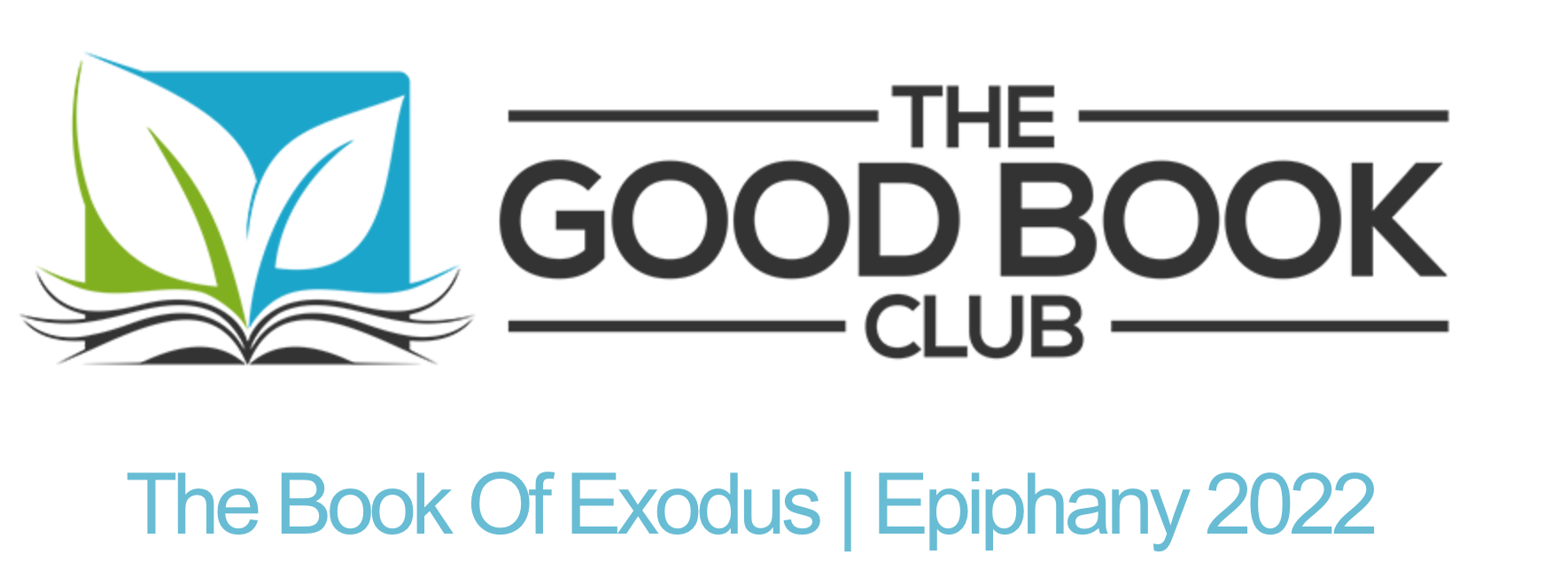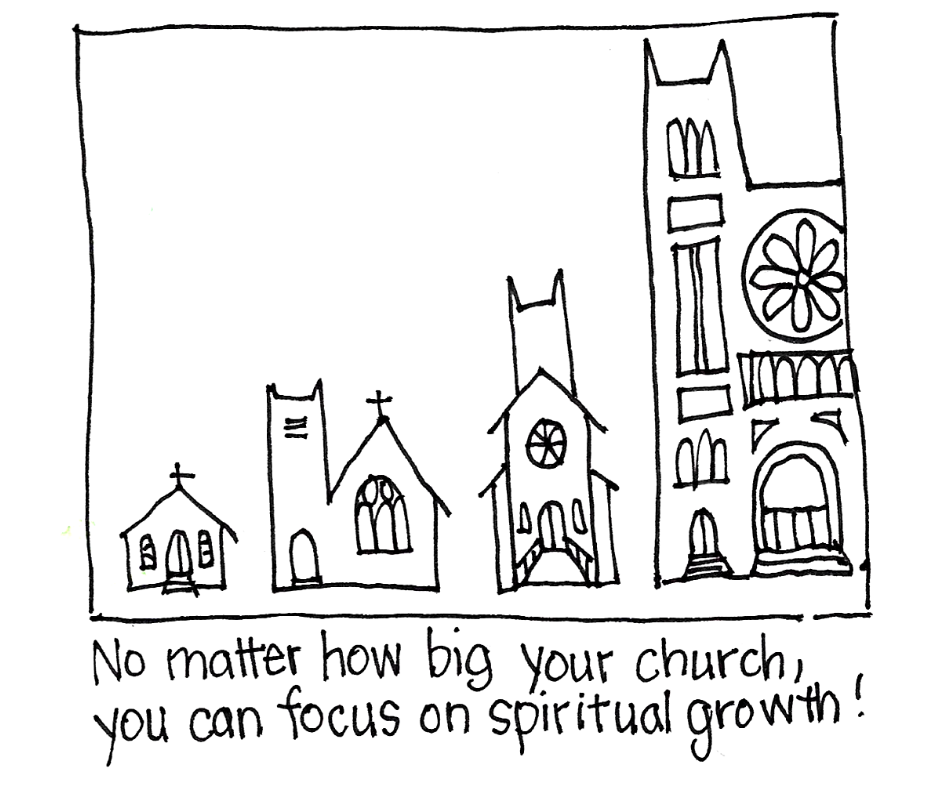
|
Psalm 36:5-10 5 Your love, O Lord, reaches to the heavens, 6 Your righteousness is like the strong mountains, 7 How priceless is your love, O God! 8 They feast upon the abundance of your house; 9 For with you is the well of life, and in your light we see light. 10 Continue your loving-kindness to those who know you, This year, Monday Matters will focus on wisdom conveyed in the treasures of the book of Psalms. We’ll look at the psalms read in church before Monday Matters comes to your screen. |
Wellness
How does one go deeper in the spiritual life? The question is prompted by the psalm heard in church yesterday and included above. The psalmist speaks to the Holy One: With you is the well of life and in your light we see light.
I’ve been reflecting on the image of the well of life, pondering ways we might tap into resources God makes available to us to go deeper. Are we open to that? Are we looking for that? Do we ever sense that the well has gone dry?
In my work with Episcopalians through the ministry of RenewalWorks, we sometimes identified archetypes of congregations. Some churches were extroverted, singularly focused on outreach and mission. Some were troubled, not in a sense of having a church fight, but restless or hungry, looking for more than they were currently receiving. Some were complacent, fine with the way things were, not looking for anything more, not expecting transformation. In fact, resisting such.
A friend leading a complacent parish called me to say that in light of that assessment, his church was changing its tagline. Underneath the name of the church, the tagline would read: “We’re spiritually shallow and fine with that.” A tongue in cheek response, but one with meaning, as we think about whether we actually would like to go deeper.
For some folks the desire for a deeper life is there, but they are not quite sure how to tap into it. Sometimes, instead of digging down and going deeper where they are, they try to find another well somewhere else. If that doesn’t do the trick, they move again. People try different churches. Different jobs. Different programs. Different relationships. Some people contend with burnout. The well has gone dry. Jobs can do that. Family dynamics can do that. Political engagement can do that. Church involvement can do that. Exhaustion sets in.
So what is it that helps people dig deeper? I ran across a bit of wisdom attributed to either George Herbert or Dolly Parton. Pick one. Here’s the quote: Storms make the oak grow deeper roots. As George and/or Dolly indicate, sometimes the challenges of life give us no choice but to go deeper. When I’ve asked Episcopalians what it was that contributed to their own spiritual growth, the most common answer I get is crisis.
I believe, indeed I hope, that it doesn’t always necessitate suffering to go deeper. But it may involve some spiritual practice, an attentiveness to where we might see God in our lives. That can be commitment to a rhythm of prayer. It can involve reflection on scripture and engagement with the wisdom of people who seem to know something about the deeper life of God. It can involve silence. It can involve service. As I send out this email, I’m wondering what has been helpful to you in terms of going deeper in the spiritual life. I’d love to hear.
Last week, I quoted from Henri Nouwen’s book Life of the Beloved, with an excerpt that pertains to spiritual depth. He reassures his reader who is on a spiritual quest: “Every time you listen with great attentiveness to the voice that calls you the Beloved, you will discover within yourself a desire to hear that voice longer and more deeply. It is like discovering a well in the desert. Once you have touched wet ground, you want to dig deeper.”
What might it take for you to dig a little deeper in the spiritual life this week? May we all receive the grace to draw strength from the well of life. Apparently, it is there waiting for us.
-Jay Sidebotham




